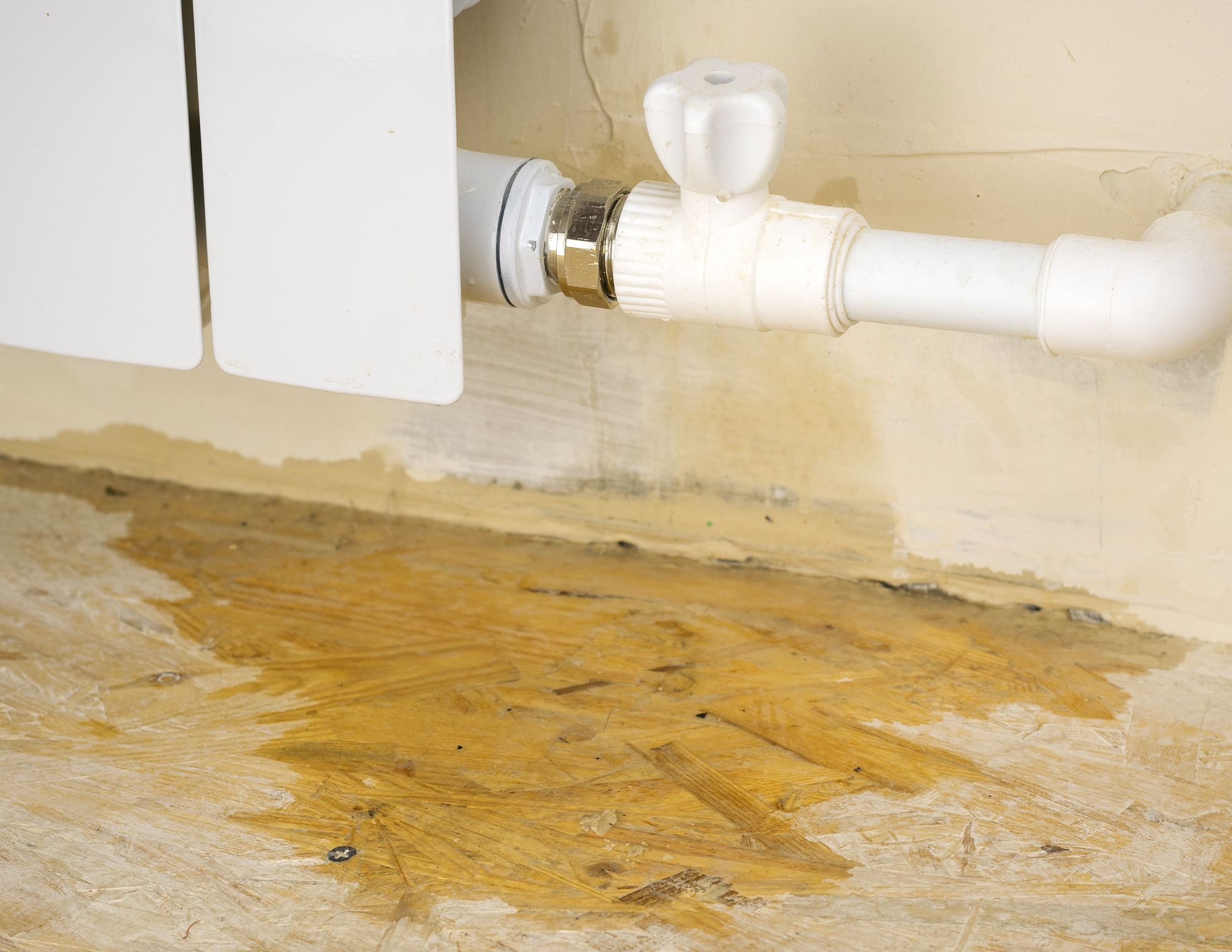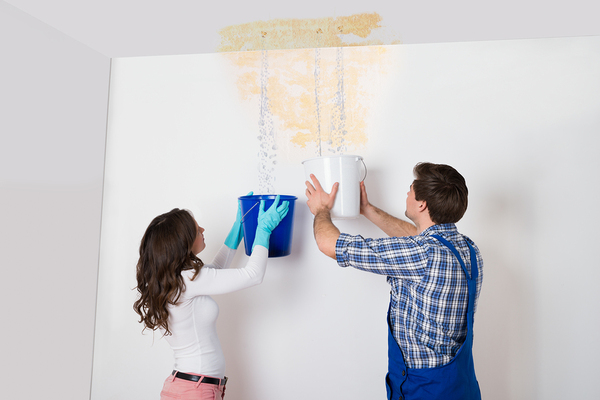Your Residential Primary Typical Leak Factors: Examination
Your Residential Primary Typical Leak Factors: Examination
Blog Article
The article following next in relation to Most Common Causes of Leaky Pipes is seriously fascinating. Read it yourself and see what you think of it.

Leaks not only trigger waste of water yet can likewise cause unnecessary damage to your home and advertise undesirable natural development. However, water leaks might go unnoticed since most of the pipework in our residence is concealed. By looking and understanding for day-to-day situations that create leakages, you can secure your house from future leaks and unneeded damage. Today, we will certainly consider six leak creates that might be triggering your pipes to trickle.
Trespassing origins
The majority of water leaks begin outside your home rather than inside it. If you observe a sudden decline in water pressure, claim in your faucet, take some time to head out and analyze your lawn. You could observe wet spots or sinkholes in your yard, and that may imply that tree origins are invading water lines creating water to seep out. You can have your plumber look for intrusion, specifically if you have trees or bushes near your property.
Rusty water systems
As time goes by, your plumbing system ages and rust such as rust may begin eating away the pipes. This could be the reason for discoloration or warping on your pipes. This calls for an examination with your plumber right away. If our plumbing system is old, take into consideration changing the pipelines because they go to a greater risk of rust than the more recent models.
Defective Pipe Joints
The point at which your pipes link is often the weakest link in the waterline. Pipe joints can deteriorate with time, leading to water leaks. The bulk of pipe joints are not easily visible. If you have noisy pipelines that make ticking or banging sounds, specifically when the hot water is turned on, your pipe joints are possibly under a lot of pressure. It is recommended to have your plumber check your system annually.
Instant temperature changes.
Extreme temperature level adjustments in our pipelines can create them to increase and also get all of a sudden. This expansion and also contraction might cause splits in the pipelines, especially if the temperature level are below freezing. It would certainly be best if you watched on exactly how your plumbing works. The visibility of the previously pointed out situations regularly shows a high threat.
Poor Water Connectors
At times, a leakage can be caused by loosened hoses as well as pipelines that provide your home appliances. In instance of a water connections leakage, you may observe water running straight from the supply line or puddles around your devices.
Clogged Drains
Blocked drains pipes may be bothersome and also inconveniencing, but they can occasionally end up triggering an overflow bring about break pipes. Maintain removing any type of products that may decrease your drains pipes that could block them to stay clear of such inconveniences.
All the above are root causes of leaks but not all water leaks arise from plumbing leakages; some leakages might come from roof covering leaks. All leaks ought to be fixed quickly to avoid water damage.
Leakages not just create waste of water but can likewise trigger unneeded damages to your home and promote unwanted organic growth. By looking and also recognizing for everyday scenarios that cause leaks, you can shield your house from future leakages as well as unnecessary damage. Today, we will look at six leak triggers that may be triggering your pipes to leak.
At times, a leakage can be triggered by loosened pipes and also pipes that supply your home appliances. In instance of a water links leakage, you might see water running straight from the supply line or pools around your devices.
Tell-Tale Signs of a Water Leak
The Sound of Running Water
If you’re hearing water running, your first step should be to check your faucets, toilet valves, and outdoor spigots. If everything if status quo, take an exact reading of your water meter and don’t use the water for a few hours. Then, take another meter reading. If there has been no change, that means water is not running (and maybe it’s time to have your hearing checked!). If the reading has changed, however, this indicates that water is indeed flowing and you most likely have a leak.
Wet or Damp Floors
You’re walking across your carpet and suddenly squish—your sock is soaked! The dog doesn’t look guilty and your child swears they didn’t spill anything. That means you’re likely looking at sewer leakage. Now, it’s easy to just soak it up with a towel and call it a day; however, this won’t stop the leak. Ignoring the problem allows moisture to build up, ultimately causing mold or mildew. Not only is this smelly, it can be very toxic and harmful to children, the elderly, pets, and those with weak immune systems. Don’t risk the health of your home and your family—call in a professional to take care of the problem.
Foul Odors
If there’s an unpleasant smell in your home and you can’t locate the source, don’t just light a candle or spray some Febreze. Funky smells are often due to mold and mildew, which spread fast under ideal conditions (optimal temperature and level of humidity). Growth begins within about 24-48 hours, and spores start to colonize in 3-12 days, becoming visible to the eye within about 18 days. If you think the odor is leak-related, get a plumber out as soon as possible to mitigate damage from rapid fungi growth (and rid your home of the foul odor).
Overgrowth in the Lawn
Unless you didn’t fertilize your lawn evenly, a lush patch of grass in a select area of your lawn, or concentrated wet spots, indicate pipe leakage which is acting as a fertilizer. Left untreated, hazardous bacteria in the underground waste will quickly turn into a messy situation, going from lush growth to lawn destruction.
Wall Cracks
Over time, even the littlest of leaks can cause cracks in the foundation of your home and compromise the entire structure. How does it happen? The leak continues hammering away at the same spot in the ground beneath your home, eventually causing it to shift slightly. Now, you’d never feel this shift, but your walls will. This can be a very dangerous situation, so if you’re seeing vertical or diagonal cracking in your walls it’s best to call a plumber right away.
https://www.expresssewer.com/blog/6-telltale-signs-of-a-water-leak-in-your-home

I was shown that write-up on Top Causes of Home Water Leaks through a friend on a different domain. Do you know about anybody else who is interested in the subject? Be sure promote it. Thanks for going through it.
Overflow issues? Our professionals await. Report this page